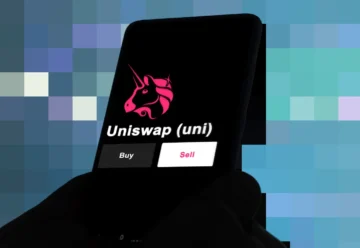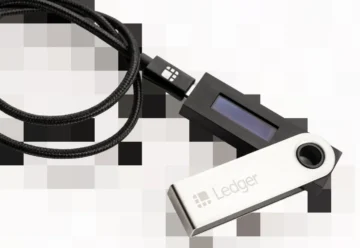Crypto Companies and Tech Giants Unite Against Online Fraud

Cryptocurrency exchange Coinbase partnered with major tech and crypto companies to create the Tech Against Scams coalition to fight online scams. The initiative aims to protect users and raise awareness of various fraudulent schemes.
Crypto exchange Coinbase announced the creation of Tech Against Scams, a coalition whose main goal is to counter fraud and financial scams in the online space.
The coalition includes representatives from major technology and cryptocurrency companies, namely:
- Kraken;
- Gemini;
- Ripple Labs;
- Meta;
- Match Group, the parent company of Tinder and Hinge;
- Global Anti-Scam Organization (GASO).
The initiative is designed to reduce fraud by informing the public about the most common schemes and providing guidance on preventing them. One of the coalition’s key objectives is to combat scammers using the “pig butchering” scheme, a popular malicious scheme for many years.
“Pig butchering” is a fraud scheme in which the perpetrators build a trusting relationship with victims over an extended period of time to steal their funds later. Scammers use various communication channels, including social media and dating apps, to build rapport and gain the victim’s trust. Then, under the guise of friendship or romantic relationships, they convince the victim to invest in fake investment schemes or transfer assets to them under other pretexts.
According to Coinbase, the coalition’s global goal is to secure the entire tech industry. Tech Against Scams members can protect users from malicious actors by cooperating and sharing information and creating a safer digital environment.
The Tech Against Scams coalition also published several essential steps to help users protect their funds from scammers. To do so, users should:
- avoid downloading unknown apps;
- avoid sending assets to unknown individuals;
- discuss investment opportunities only with trusted individuals;
- use trusted platforms for storing cryptocurrencies;
- be aware of new fraud schemes.
Online security is also a concern of the state authorities of some countries. For example, the Cyber Security Agency of Singapore (CSA) and the Australian Securities and Investments Commission (ASIC) inform users about how to protect their digital assets from popular theft methods.











